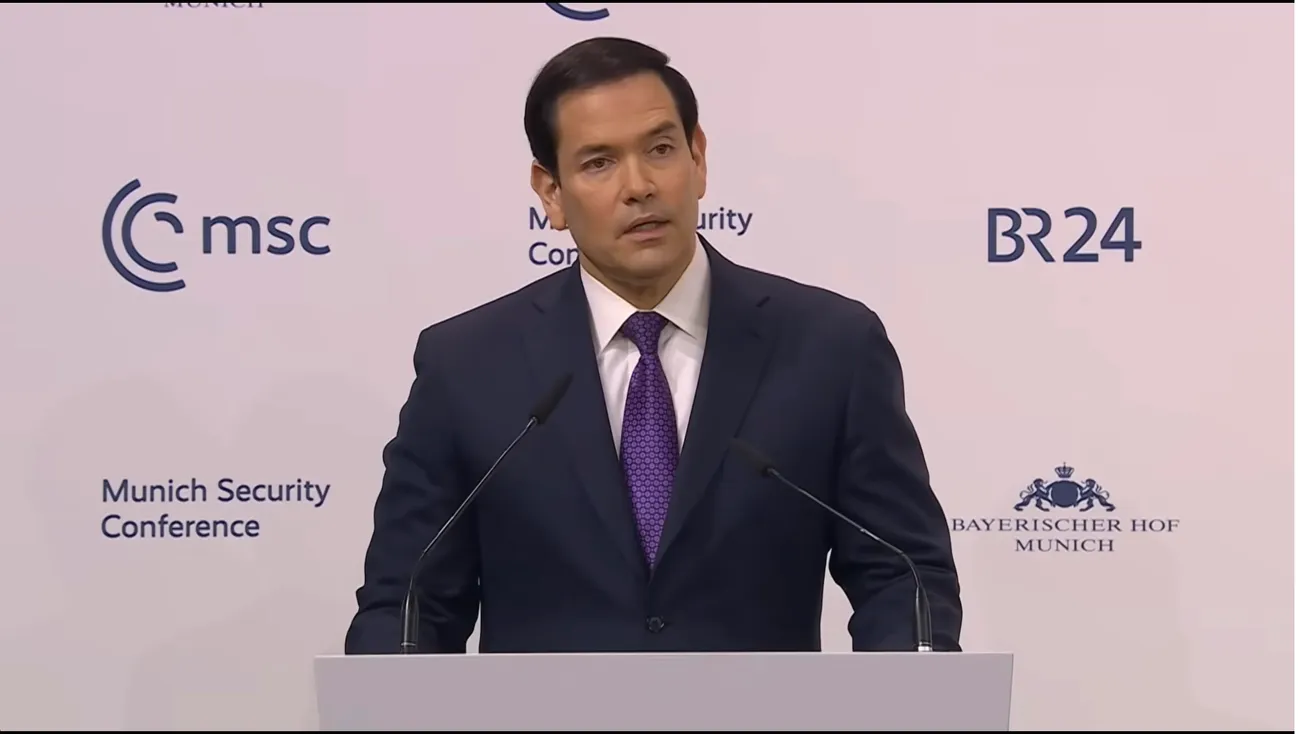During the past several years the number of companies and host countries driving designs for a new generation of small modular nuclear reactors (SMRs) through development and toward approval, has grown rapidly. The push has been strong in the United States during the Trump Administration, and one result is that the Oregon company NuScale has gone through to regulatory approval and a first-of-a-kind commercial contract for a small (60 MW module, factory-produced) reactor. Others are now marching fast.
A consortium led by Rolls-Royce and Exelon Generation (which operates 21 full-size reactors in the United States) is developing a U.K. SMR. Rolls-Royce will factory-produce the nuclear modules and components for assembly inside a weatherproof canopy on the power station site. This avoids costly schedule disruptions. Rolls-Royce has also made a contract for SMR development with CEZ Group, which owns and operates the Czech Republic’s six commercial power reactors.
13 SMR designs are in the Canadian Nuclear Safety Commission (CNSC) Vendor Design Review (VDR) process as of October 2020, and 11 are advanced designs that will generate high heat as well as electric power. NeutronBytes blog wrote Nov. 3, “developers of small modular reactors based on Generation 4 designs … offer heat as the primary output of their plants. Heat can be used to generate electricity, but it can also be used for process heat for industry, especially for manufacturing steel, cement, chemicals, the production of hydrogen, and seawater desalination.” This means estimated reactor outlet temperatures over 500° C (nearly 950° F). Canada’s Strategic Innovation Fund is backing one of these designs, the Integral Molten Salt Reactor (IMSR) power plant of Terrestrial Energy.



